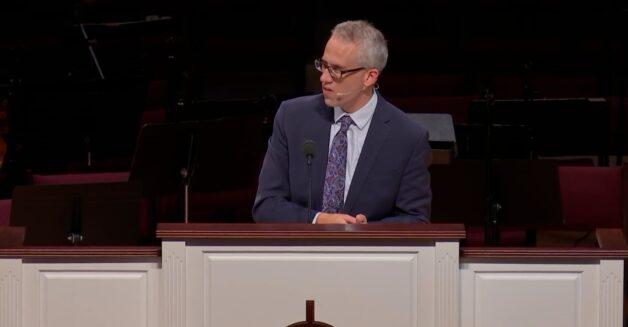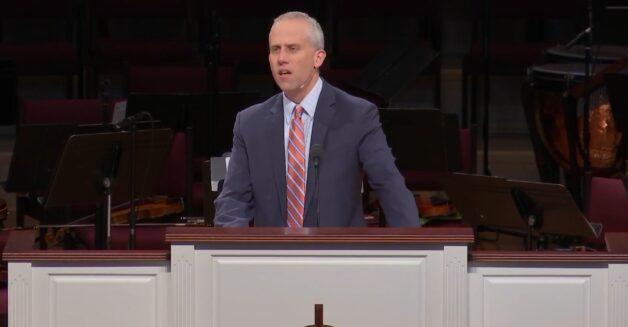The word amen is not Christianese for “prayer over.” It means something much more beautiful and significant.
I had a friend in college who thought because of our freedom in Christ we shouldn’t say “amen” to conclude our prayers. So he started ending his prayers with “groovy” (you would have thought I was in college in the 1970s). He thought it was pretty cool, a little bit of needed rebellion against tired old Christian cliches. But amen is not the same as groovy. Amen means “let it be, “so be it,” “verily,” “truly.” When you finish your prayer with “Amen” you are saying, “Yes Lord, let it be so. According to your will, may it be.” It’s a final note of confirmation at the end of our prayers.
More than that, the Heidelberg Catechism reminds us that “amen” is also an expression of confidence. “Amen” means “This is sure to be!” It reminds me of this good news: “It is even more sure that God listens to my prayer, than that I really desire what I pray for” (Question and Answer 129). God is gracious to hear our prayers much better than we pray them. “Amen” bears witness to our desire for God’s purposes to be done and to God’s promise that they will. Your style may be groovy, but your prayers deserve an “amen.”



